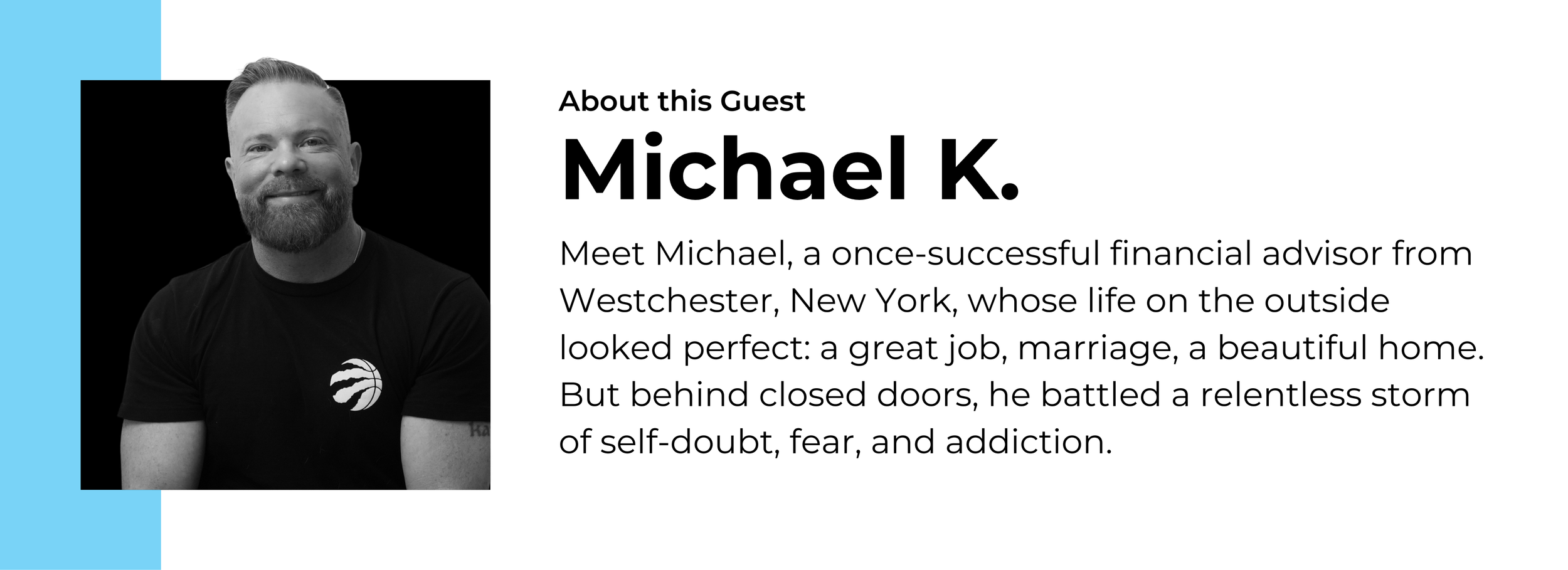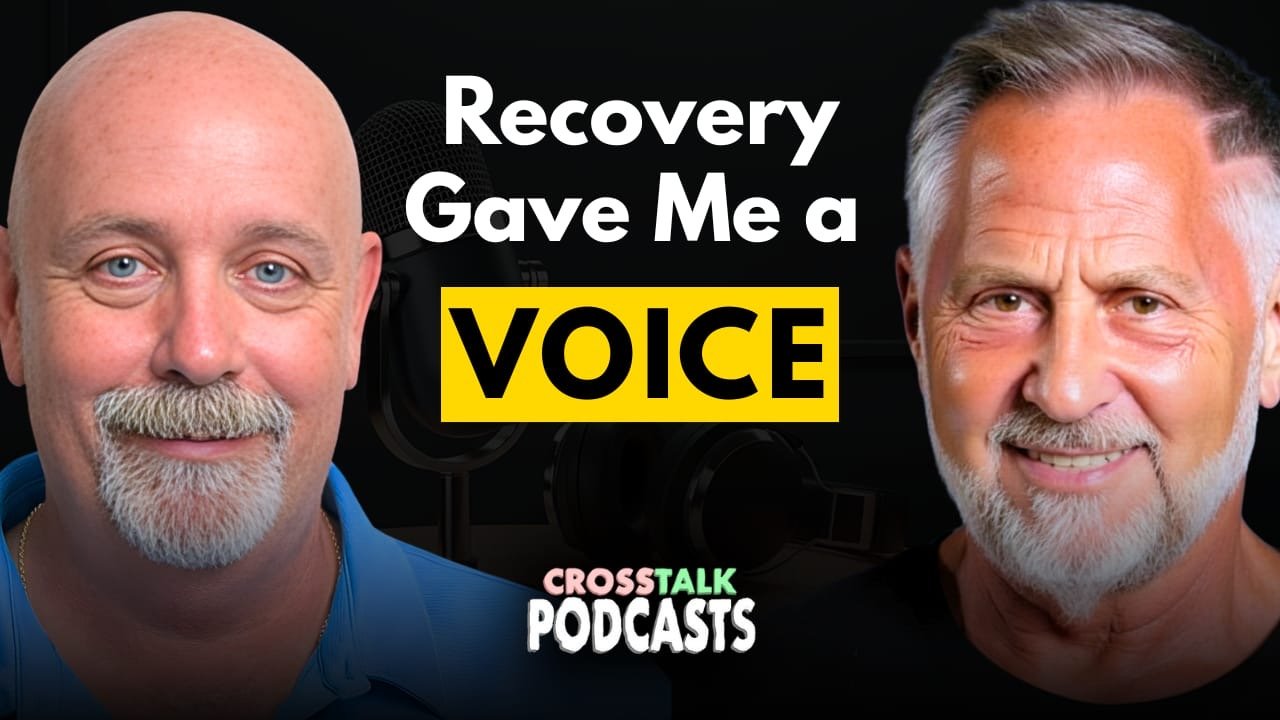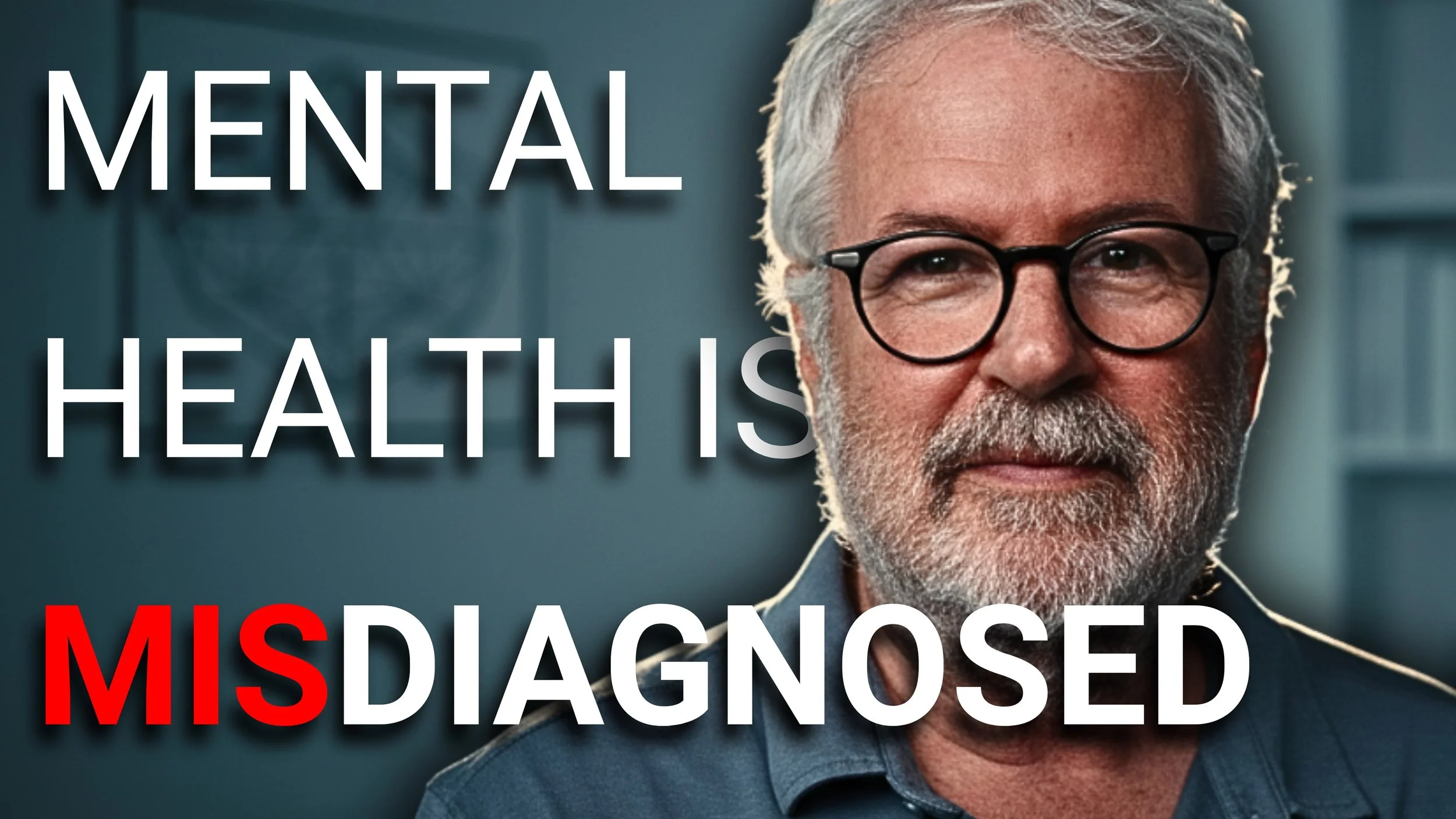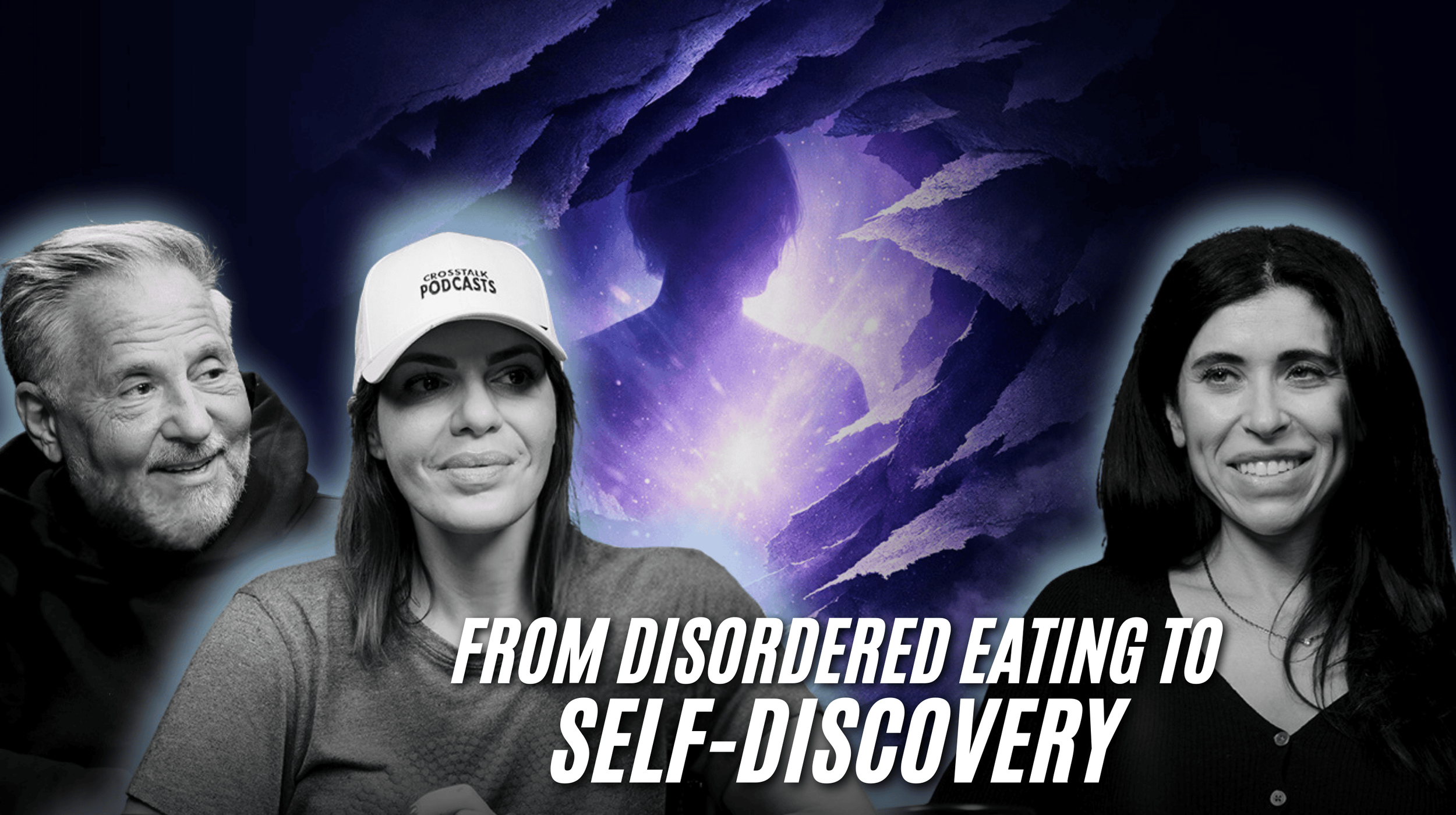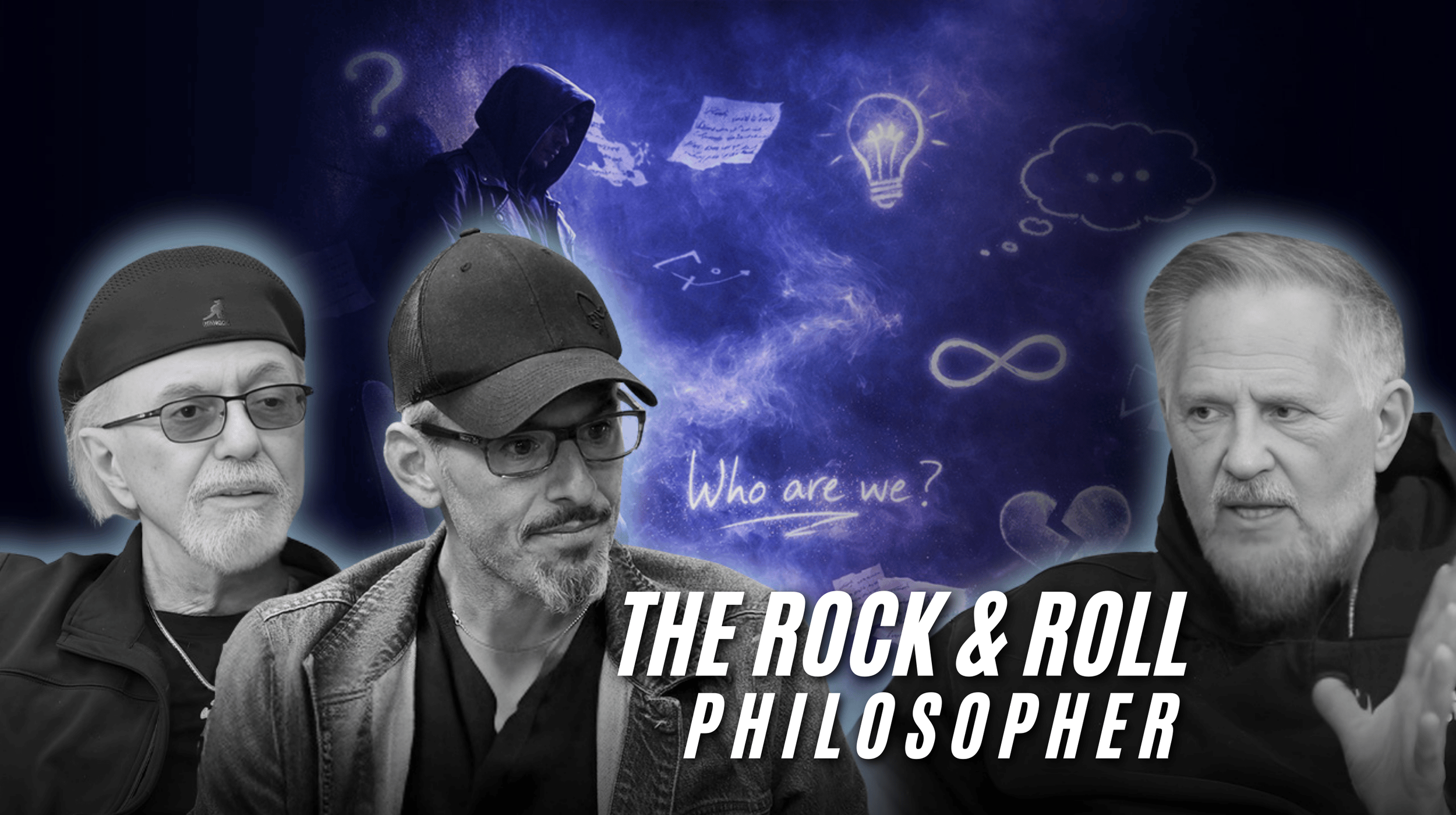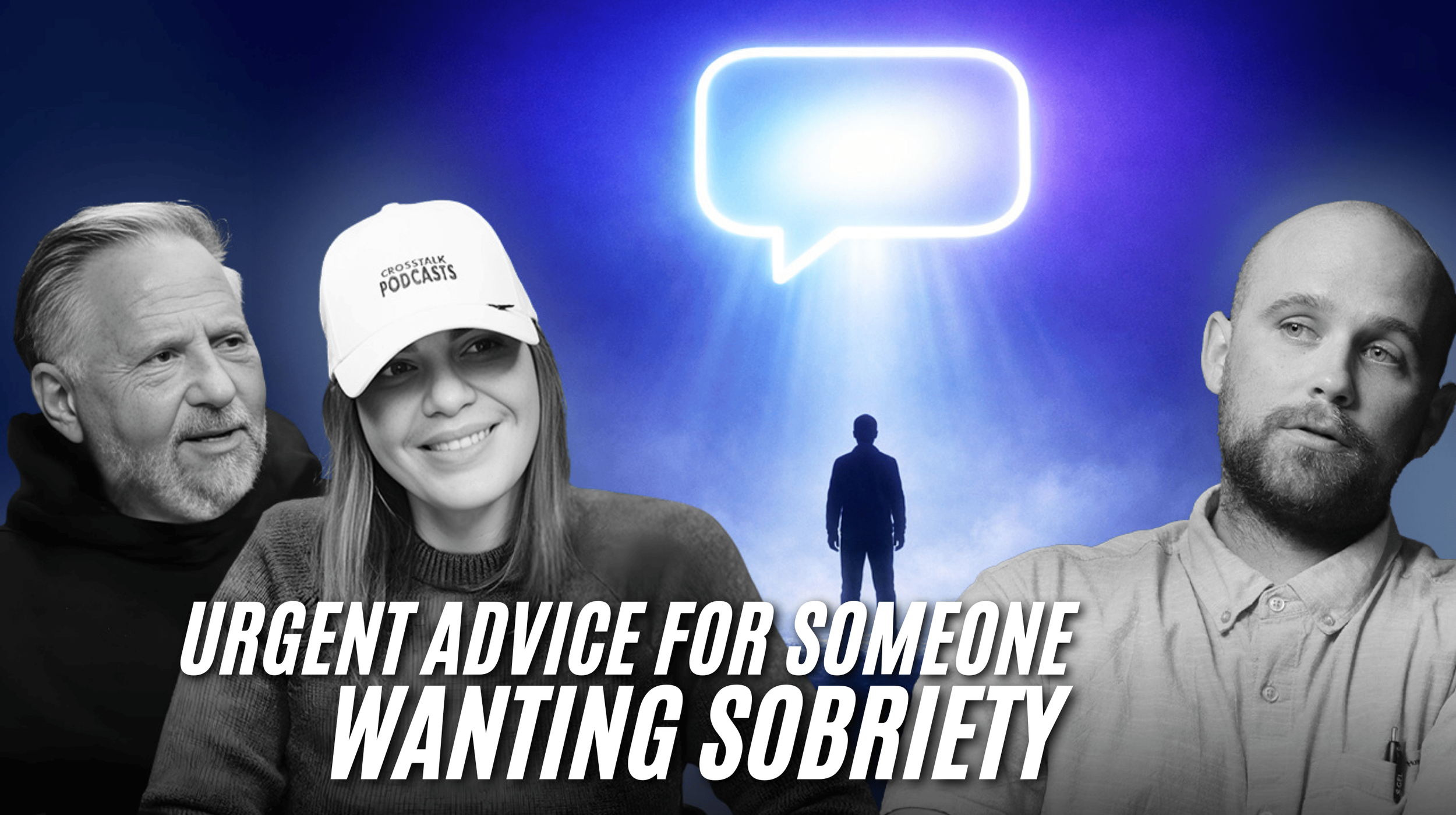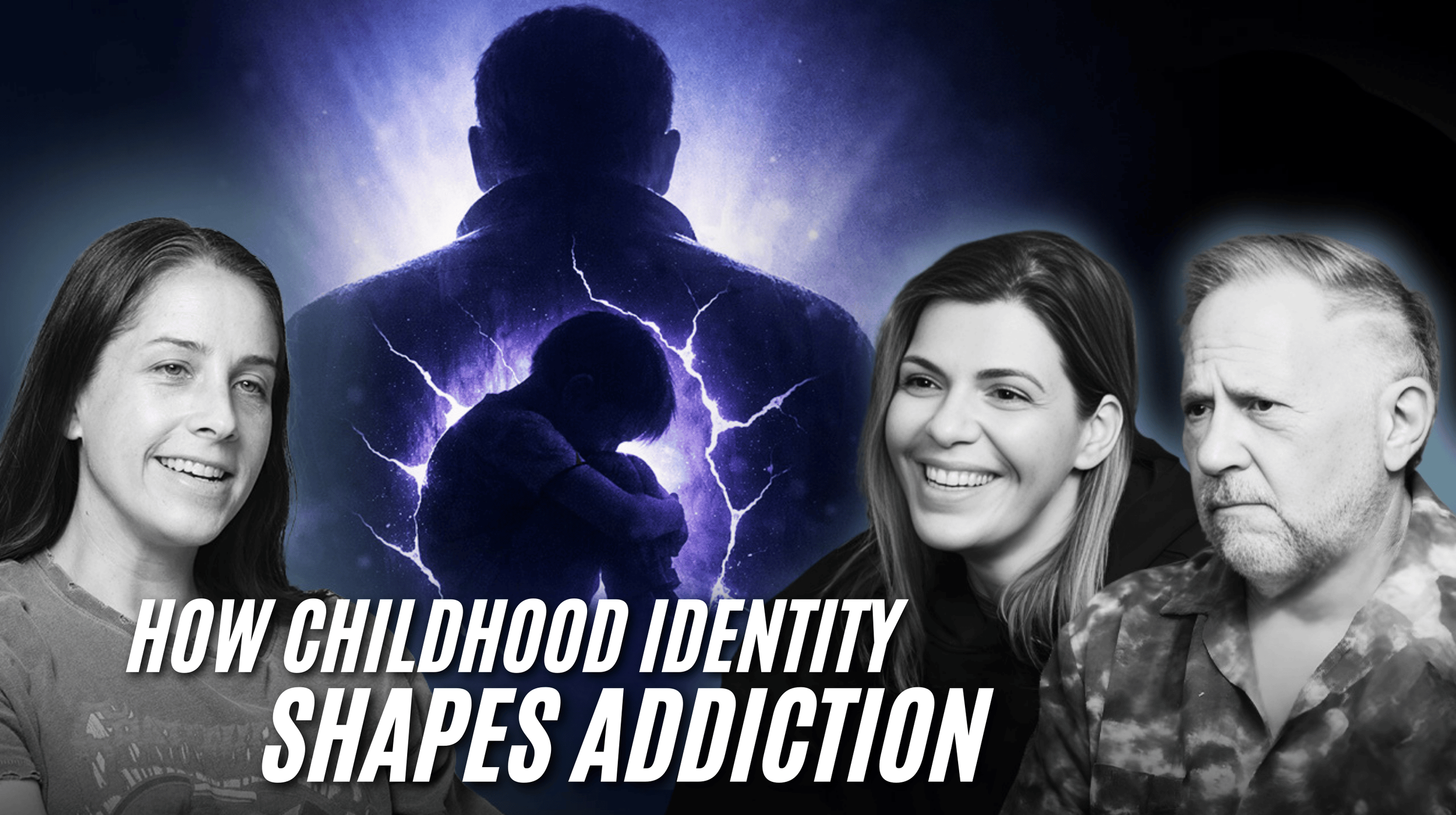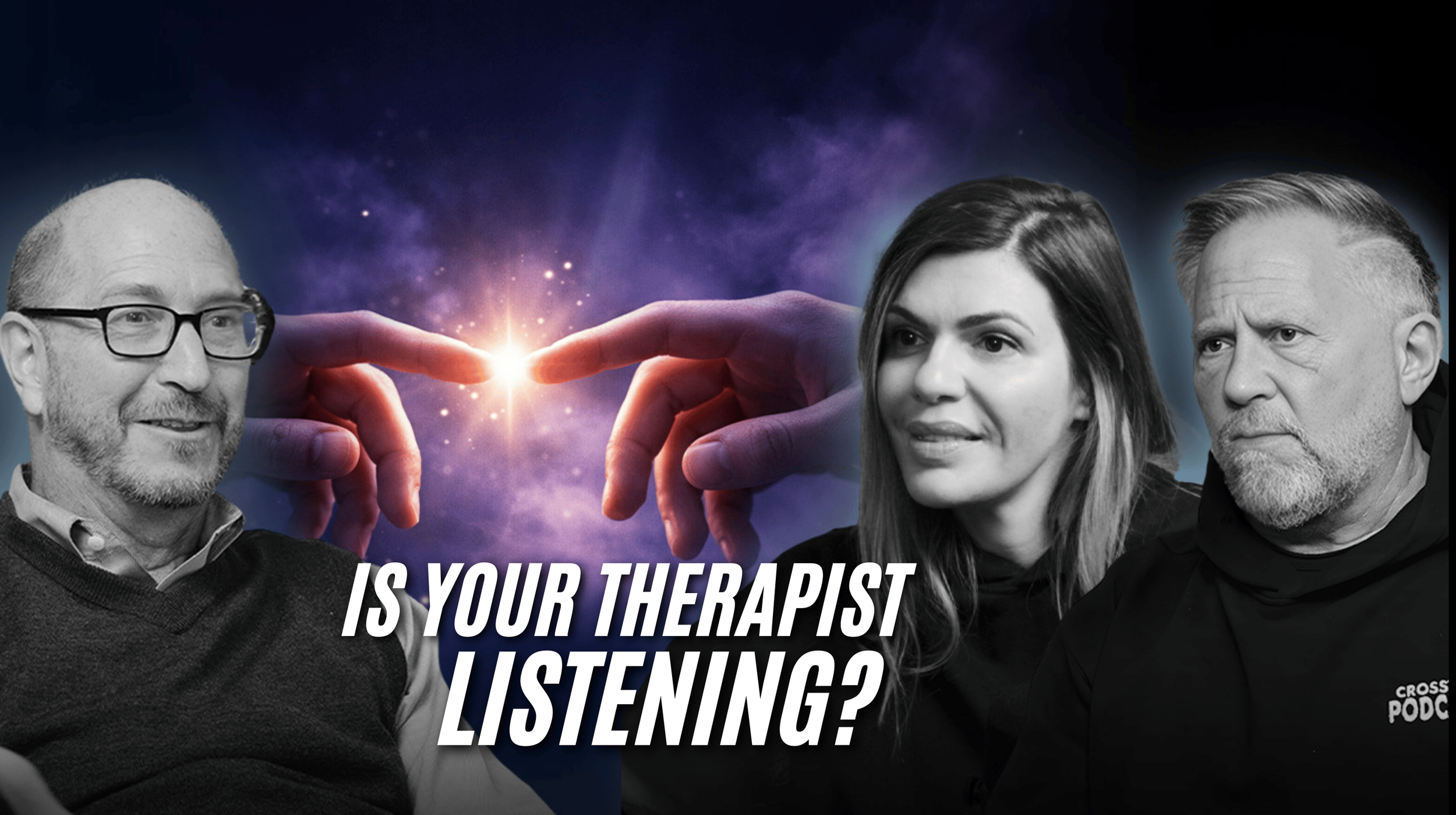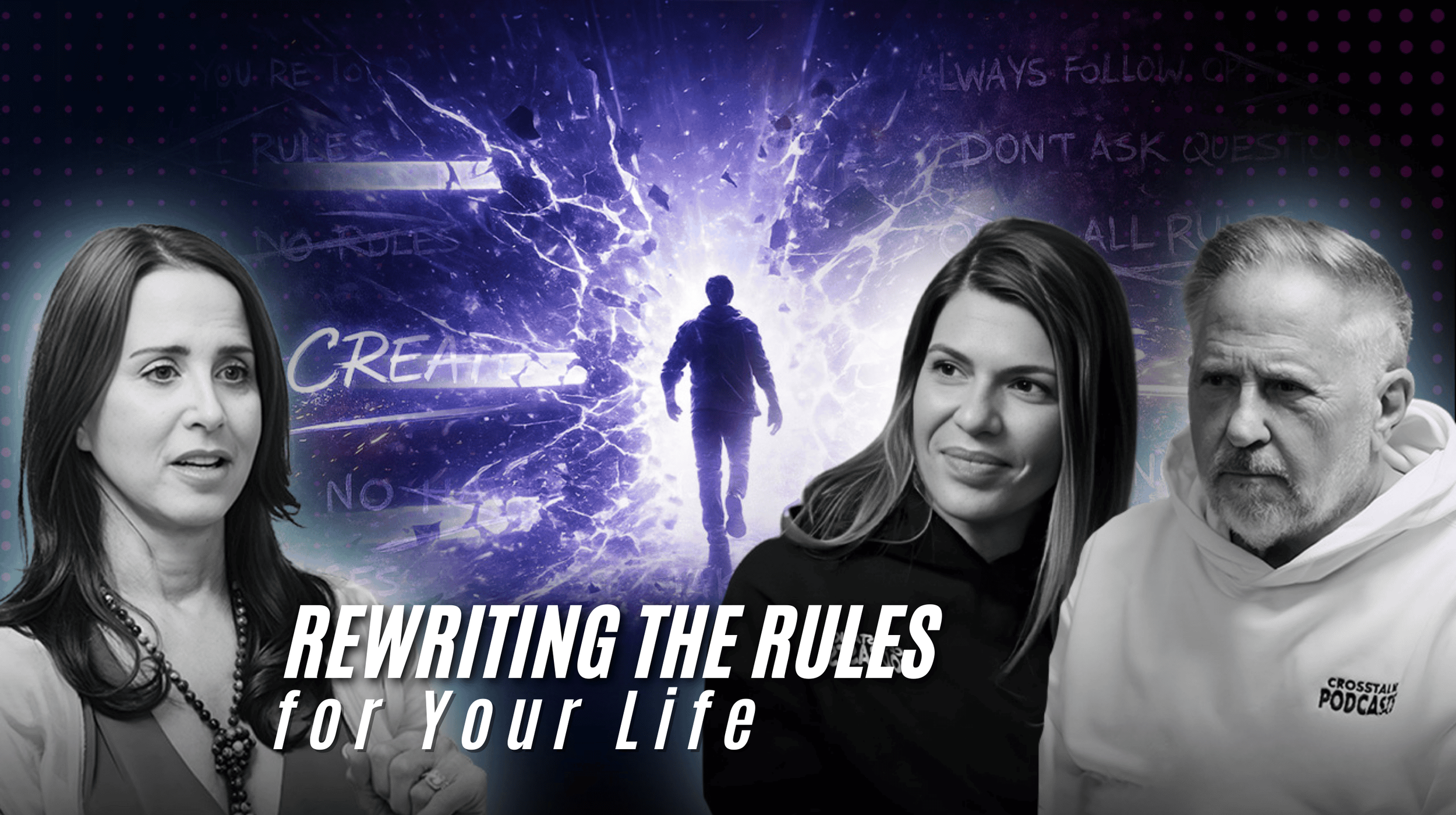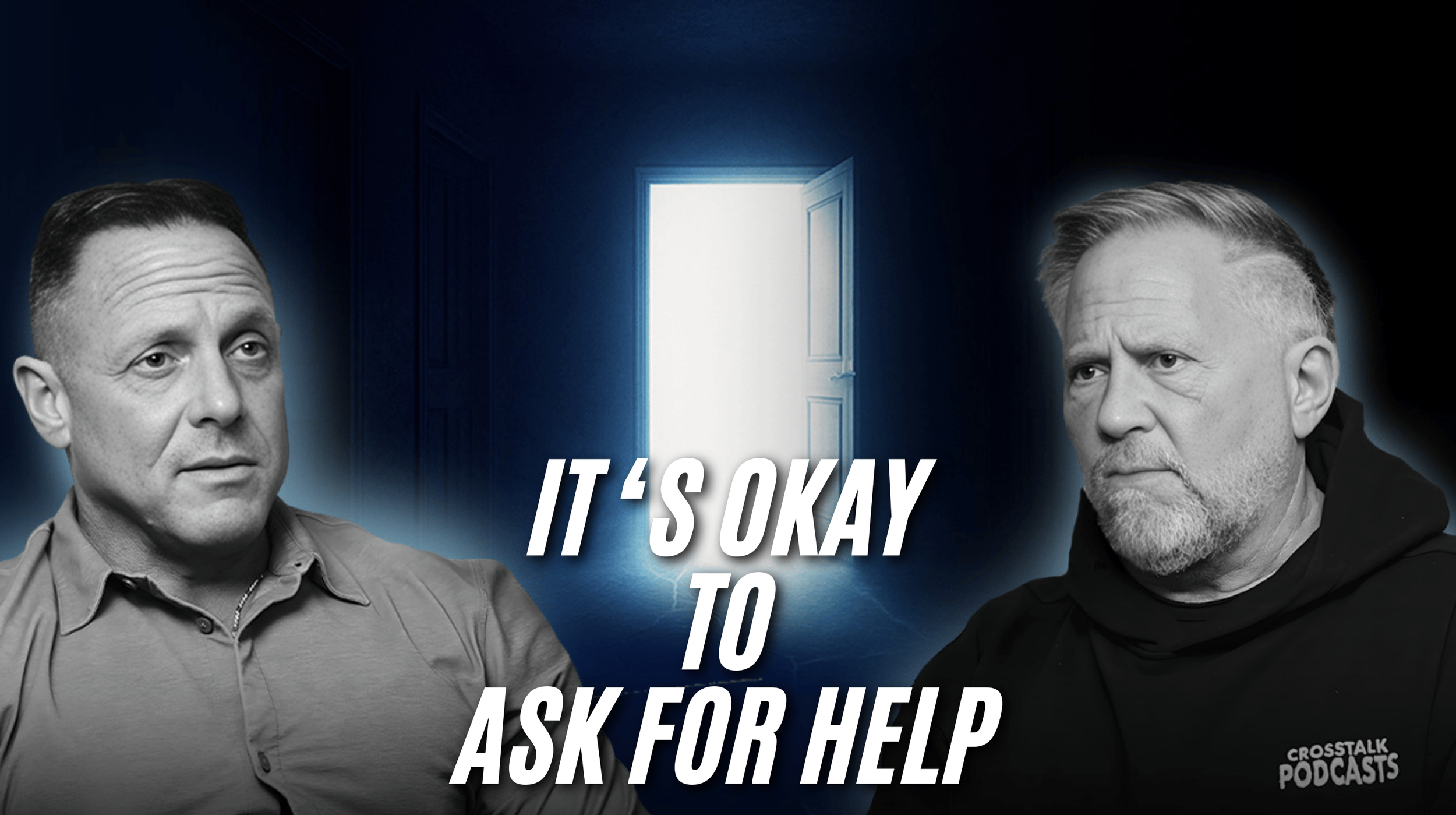How Michael Hid His Addiction Behind Success and Found Redemption in Recovery | Michael’s Journey
Listen or watch on your favorite platforms
Meet Michael, a once-successful financial advisor from Westchester, New York, whose life on the outside looked perfect: a great job, marriage, a beautiful home. But behind closed doors, he battled a relentless storm of self-doubt, fear, and addiction.
Michael grew up in Westchester, New York, a place many would associate with safety, structure, and suburban success. His home life mirrored this image: two loving parents, an older sister, and no visible trauma. On the outside, everything looked right. But internally, Michael carried a heavy burden. From his earliest memories, he was riddled with fear of being seen, of being wrong, of not measuring up.
Childhood wasn’t about innocence and play for him, it was about survival. He was dyslexic and struggled in school, always comparing himself to others, especially his fearless older sister. The message he absorbed, even if unspoken, was clear: "Be tough. Don’t cry. Don’t show weakness." And so, Michael learned to silence his emotions, bury his insecurities, and wear a mask.
The First Sip That Changed Everything
At just 12 years old, Michael tasted his first drink, champagne at a New Year’s Eve party his sister threw. That moment changed the course of his life. The panic, the insecurity, the fear, it all faded. For the first time, he felt calm, confident, and connected.
He didn’t know it then, but he had just met his first solution. Alcohol became his escape valve. It allowed him to be someone else, someone without fear, without shame, without anxiety. As he got older, this coping mechanism became a regular part of life, though at first, it seemed harmless. Like many, he drank on weekends in high school and college, blending in with the crowd.
But Michael wasn’t like the others. He wasn’t drinking to have fun—he was drinking to feel okay.
Building a Life While Falling Apart
Despite his inner turmoil, Michael was highly driven. He pushed through academic challenges, earned a Master’s degree, and began building a career in finance. He became a financial advisor, married a coworker, bought a home, and built a business.
But none of it filled the void. Marriage didn’t quiet his mind. Money didn’t bring peace. Fitness, boxing, even mixed martial arts didn’t solve the core issue: a lifelong feeling of inadequacy. So he drank. Then he added cocaine. Then pills. Each substance became a layer of armor, a way to survive what he couldn’t express.
Michael managed to function, until he couldn’t. Hidden bottles of vodka in the garage. Cocaine stashed in a gun safe. Blackouts on weeknights. Emotional distance from his wife. Affairs. Painkillers. The spiral was slow, but unstoppable.
The Secret Life of a High-Functioning Addict
To the world, Michael still looked like a man in control. He had clients, partners, investments, and charisma. But behind the scenes, addiction ran the show. The more he tried to fix himself with external accomplishments, the worse he felt. “I thought if I just made more money, got more respect, had more love, then I’d be enough,” he recalls.
He wasn’t just drinking to escape—he was drinking to survive. The pressure to keep everything together only fueled the need to numb out even more.
Eventually, the mask started slipping. He showed up drunk to his niece’s school play. His sister noticed. She staged multiple interventions. He refused—until the day she found him in a state that even he couldn’t defend. He agreed to rehab.
“Your Story Doesn’t End Like This”
While on lockdown in a psychiatric facility, Michael was visited by someone who changed everything—Zach Clark, a well-known figure in recovery. Zach didn’t offer advice. He offered hope.
“Michael, your story doesn’t end like this.”
That moment cracked open a sliver of possibility. Michael agreed to try again. He flew to Florida. He entered long-term treatment. It wasn’t pretty—he lashed out at therapists, struggled with rules, and wanted to quit more than once. But for the first time, something stuck.
It wasn’t just rehab that saved Michael. It was the people. Men like Big John and Jimmy who taught him that real strength meant vulnerability. A therapist who made sure he stayed accountable. AA meetings on Zoom during the pandemic. Day after day, he began to show up.
He learned to cry. To listen. To speak. To forgive.
Most of all, he learned that healing doesn’t come from achievements or appearances. It comes from acceptance.
Today, Michael is sober. He’s grounded. He continues to work on himself and rebuild trust with his family. He knows recovery isn’t about being perfect—it’s about being present.
His story is a powerful reminder that addiction doesn’t discriminate. It doesn’t care how successful you are, how tough you appear, or how much money you make. It thrives in silence. And it dies in truth.
FAQs
1. What is binge alcoholism?
Binge alcoholism refers to consuming large amounts of alcohol in a short period, often followed by periods of sobriety, and can be just as dangerous as daily drinking.
2. Can someone recover without going to rehab?
Yes—many people, like John, recover through support groups like AA and counseling without inpatient treatment.
3. What role does family support play in recovery?
Family support, especially from informed partners or loved ones in Al-Anon, can be crucial for sustained recovery.
4. How does Alcoholics Anonymous (AA) work?
AA offers a structured 12-step program with meetings, sponsors, and spiritual principles to support long-term sobriety.
5. What is the significance of a "spiritual awakening" in AA?
It often marks a shift in perspective, where the individual accepts help, seeks connection with a higher power, and commits to helping others.
Related episodes
ABOUT CROSSTALK
CROSSTALK reveals real stories of everyday people and notable figures, sharing their journeys from struggles to life-changing 'aha' moments with all kinds .


 Spotify
Spotify
